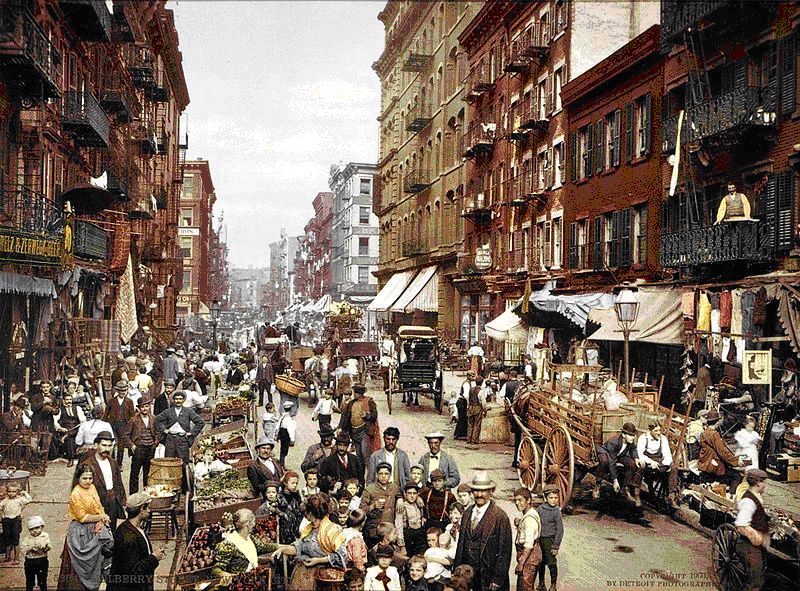 Between the years of 1861 and 1965, almost 25 million Italians left the peninsula in search of a new life. This is considered to be the biggest mass migration of contemporary times and, in Sicily, was partly due to the drop in economy and over-population experienced after the unification of Italy.
Between the years of 1861 and 1965, almost 25 million Italians left the peninsula in search of a new life. This is considered to be the biggest mass migration of contemporary times and, in Sicily, was partly due to the drop in economy and over-population experienced after the unification of Italy.
In 1906 alone, 100,000 Sicilians emigrated to the United States of America and in 1920, 87 percent of Sicilian immigrants were still headed for the US. Other countries with a significant number of Sicilian immigrants were Venezuela, Brasil, Mexico, Canada, Australia and other countries throughout Europe. Some of the main cities in America where Sicilians settled were New York, Boston, Chicago and San Francisco and these immigrants tended to reside together in groups depending on the area that they came from. For example, in New Orleans there was a district called ‘Little Palermo’.
These Sicilians were so passionate about their homeland that they took many of their traditions and values with them. They believed in these customs so much that many aspects of Sicilian life have become an intrinsic part of communities worldwide and are still very much in evidence today. Throughout the year there are festivals across the world to celebrate different Sicilian traditions. The island’s way of life is echoed daily in neighbourhoods worldwide through their cuisine, language and culture, such as the music listened to or the plays seen at the theatre.
An example of a tradition which has been taken to America is the ‘Festa di Santa Rosalia’ in Brooklyn which is dedicated to the Patron Saint of Palermo. This annual festival originally took place in the first Italian parish in Brooklyn, the Sacred Hearts and St. Stephens Church in Carroll Gardens, and has since been moved to the community of Bensonhurst. The procession originally involved followers walking barefoot through the streets of the neighbourhood to show their devotion to the Saint.
Every year Italian-American merchants set up stalls at the various festivals around the country selling Sicilian specialities such as ‘cannoli’, zeppole’ and ‘arancini’ and entire communities come together to celebrate their heritage and tell stories about their ancestry. It is viewed as a real honour to belong to such a loyal and devoted community and it is this devotion that will ensure that the respect for ‘u paese vecchiu’, or the old country, will stay strong long into the future.
I created Sicilian Connections because over the years I have met many people of Sicilian origin that, for various reasons, have emigrated and live in different locations worldwide, but the passion that they feel for their homeland has remained strong. It was my aim to create a community where Sicilians could come together and share their wonderful stories of the island and memories of their ancestors and, thanks to the pride and devotion of our Sicilian Connections friends worldwide, this is now a reality.




 leggi in italiano
leggi in italiano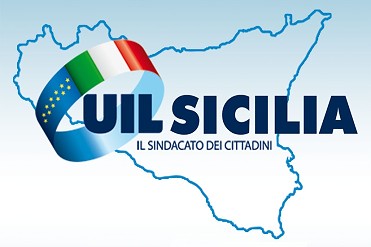
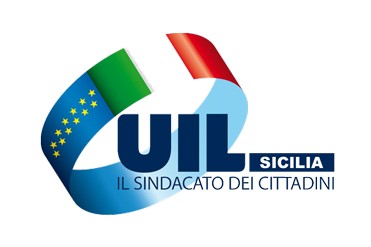


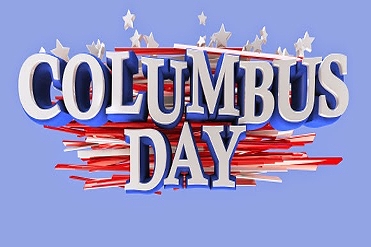
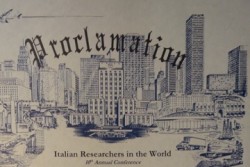


Straordinario!!!! E’ vero sono anch’io un Siciliano ( di Catania ), che vive da oltre 20 anni in Inghilterra, peró la mia terra é sempre é rimarrá sempre la Sicilia. Amo la mia terra, la mia cultura, anche sé a tratti diventa un pó esasperata, la mia cucina, il mio mare, la mia Etna e tutto quello che mi fa ricordare la ia Sicilia…… e né sono e né saró sempre ORGOGLIOSO!!!!!
Nuccio
Grazie per il commento. Per me é sempre un piacere parlare della nostra bella Sicilia!
Buon fine settimana,
Debra.
Pueden informarme si hubo alguna migracion de sicilianos hacia Puerto Rico. Gracias
I’m a Sicilian American
Dedicated to my parents Gaetano and Rosa Alessi Coniglio and my eldest brother Guy, who came to America in 1913 and 1914 from Serradifalco, SICILY.
I’m a Sicilian American.
I’m a Sicilian American.
I’m the son of immigrants who left a land of history and beauty, of poets and dreamers, volcanoes and olive trees. A land that taught the world what a modern nation could be, before most modern nations existed. A land that formed the largest country, The Kingdom of the Two Sicilies, from Naples and Abruzzo to Messina and Palermo, that was subsumed into the new ‘Kingdom of Italy’ after the ‘unification’.
My parents left because for all its lore and loveliness, and their fierce pride in it, Sicily was poor and demeaned, and could offer little hope for their family’s future.
I’m a Sicilian American.
My heritage includes mythical Persephone, Vulcan, and Icarus; Greek scholars Archimedes, Empedocles and Diodorus Siculus; composers Bellini and Scarlatti, and writers Verga and Sciascia.
I’m a Sicilian American.
I’m Antonio Crisafi. I came before there was a United States and in 1696 commanded the fort at Onondaga.
I’m Padre Saverio Saetta, who died in 1695 while bringing Christianity to the New World.
I’m Enrico Fardella, who fought against the Bourbons in Sicily, one of the first people’s revolutions in Europe, in 1848, and then became a brigadier general in America’s Civil War.
I’m a Sicilian American.
I’m a descendant of Southern Italian immigrants who formed 80% of the ‘Italians’ who came to America in the ‘Great Migration’ of the late 1800s and early 1900s, most, from the island of Sicily.
I’m one of the nineteen Sicilians who were murdered in New Orleans in 1891, in the largest mass lynching in American history.
I’m a Sicilian American.
I’m Chaz Palminteri, Frank Capra, Armand Assante, Sonny Bono, Iron Eyes Cody, Ben Gazzara, Frankie Laine, Cydi Lauper, Chuck Mangione, Al Pacino, Louie Prima, Pete Rugolo, Frank Zappa, and thousands of others who have made the world wonder, laugh, and sing with our artistry.
I’m Frank Sinatra.
I’m a Sicilian American.
I’m one of millions of one-, two- and three-star mothers who anguished while their sons fought for the American Dream in World War II, in the frigid trenches of France or the steaming jungles of the Pacific.
I’m one of many mothers whose son never returned.
I’m a Sicilian American.
I say “Comu sta?”, not “Come stai?” I answer “Bonu!”, not “Bene.”
Not “Dov’è?”, but “Unni è?”; not “La.” but “Dda!”
I’m a Sicilian American.
I’ve never met a mafioso, nor wanted to, nor played at being one.
I’m a Sicilian American, and proud to be one.
~ Angelo F. Coniglio ~ 10 May 2014
http://bit.ly/LaBeddaSicilia